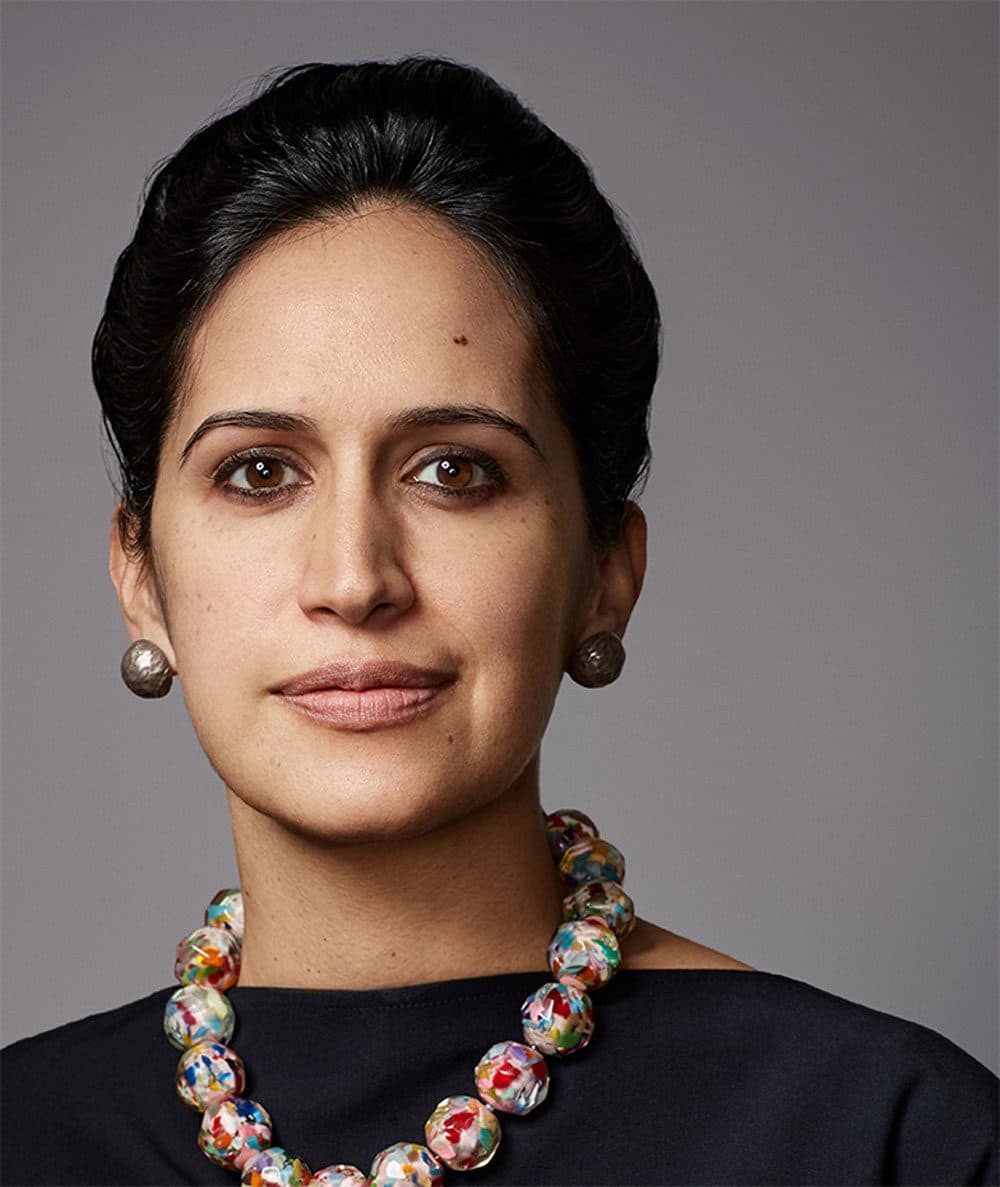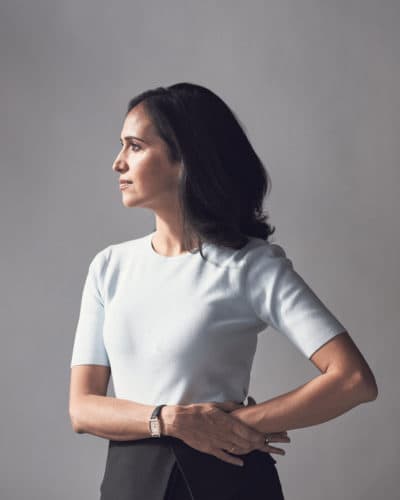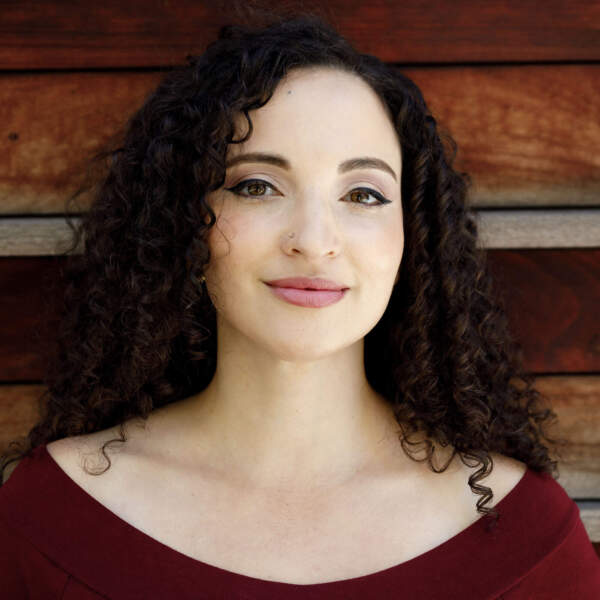Advertisement
Have More Meaningful Gatherings, Even During The Pandemic
Resume
The coronavirus pandemic may have changed the way we gather but it hasn't changed our very human need for social connection. Priya Parker, author of The Art Of Gathering: How We Meet And Why It Matters and host of the New York Times Podcast Together Apart, is an expert on gathering and she's pushing us to be more thoughtful about how and why we get together.

Priya is trained in conflict resolution. Throughout her career, she's facilitated high-stakes meetings, such as helping leaders from different parts of the world have more fruitful discussions on democracy and helping big companies negotiate future changes.
Priya is also helping us think about how to make the most of our own everyday gatherings: work meetings, conferences, birthdays, and dinners.
At the heart of Priya's work is purpose. Every gathering, whether a meeting or a casual dinner, should have a clear and solid purpose. That purpose should help us deepen our social connections and create collective meaning.
We asked Priya Parker to share some tips about how to host more meaningful gatherings.
Interview Highlights
On Purpose:
PP: The biggest mistake we make when we gather is we assume that the purpose is obvious. That the reason that we're gathering a birthday is to celebrate a birthday or a wedding is to get married. These forms take over our need to actually first say, 'why are we doing this in the first place?' And when you don't actually first just ask, 'why are we doing this?', gatherings tend to be either irrelevant or boring or just repetitive.
Q: would you argue that every single gathering should have a purpose? What if you just want to have a dinner party or grill because it's nice outside?
PP: I think every gathering has a purpose, whether you like it or not. I'm just saying you should define it, because if not, it'll be defined for you. A purpose can be fun. We tend to back into purpose through other questions … so when you actually start planning out an event, you back into who what the purpose is often through the guest list.
On Being A 'Chill' Host:
PP: I think that this idea of chill, like just leave people to be ... actually leads to under hosting our guests. If you leave your guests alone, you're not actually leaving them alone. You're leaving them to each other — if somebody gets cornered by an uncle that they don't want to talk to for many hours or at a volunteer training [where] one specific volunteer keeps asking irrelevant questions and the host doesn't actually stop and pause and say 'that's not all right.'
In every group, there are group dynamics and if you, as a host, don't orient people around why they're coming together [and] connect them in a specific way, they will still interact with each other, but you're leaving them to their own devices.
On The Guest List:
Priya says it’s OK to be exclusive when it comes to your guest list. Again, it all depends on your purpose. She shared one example: a friend hosted a so-called 'quitting party' because she felt stuck and her job but was terrified to leave. For that, she invited a very specific group of eight friends and this is what she told them:
'You each represent people who take risks and who march to a different beat and who don't share my fears.' And that was important because part of the reason she didn't quit was because either people in her firm or her parents who were risk averse or other people in her life were saying. 'Are you sure you want to leave now?' Fear is contagious and courage is contagious. And so she invited a very select group of people in her life for that moment because that was the need that she had. She asked each of us to to bring one piece of literature or art that has always helped us when we've made decisions that went against the grain or that we were scared to make.
Gatherings are a form of power. Rather than just be on autopilot, you can actually begin to shape the way you bring people together to achieve an individual or a collective purpose that gives meaning to everybody and pushes our lives forward.
On The Invitation:
PP: You're not actually hosting people from the moment they walk in the door. You're hosting them from the moment that they receive a text message or an invitation to this thing. So, for example, give your invitation and give your gathering a name. Names are social contracts. If you call something a show versus a workshop versus a hootenanny ... those are all very different assumptions of the role of the guest. If it's a show, you're telling them 'sit back, relax, you're just gonna be watching.' If it's a hootenanny, we're expecting you to get involved.
A lot of the craft of gathering is to tell your guests in advance 'what is this thing and how do we want it to go?'
Priya has been helping people think about gathering during the pandemic in her New York Times podcast 'Together Apart.' She says virtual gatherings can still have all of the elements of a meaningful gathering: a defined purpose, an intentional guest list, and a thoughtful invite. It's also very important to be understanding during a very precarious time.
PP: I think one way to actually begin to have kindness and empathy for each other is ... to have a conscious conversation — first asking yourself every two weeks: 'What level of comfort do I currently have? If I get an invitation, what are the terms that I need to feel safe to be able to participate?'
The second layer is [a conversation] with the people that I'm quarantining with. What is our collective comfort and how do we center the person who's least comfortable? The third is when invitations come for future gatherings to have conscious, open conversations and then not judge each others' choices, but to allow care and compassion for however people need to navigate in this time

